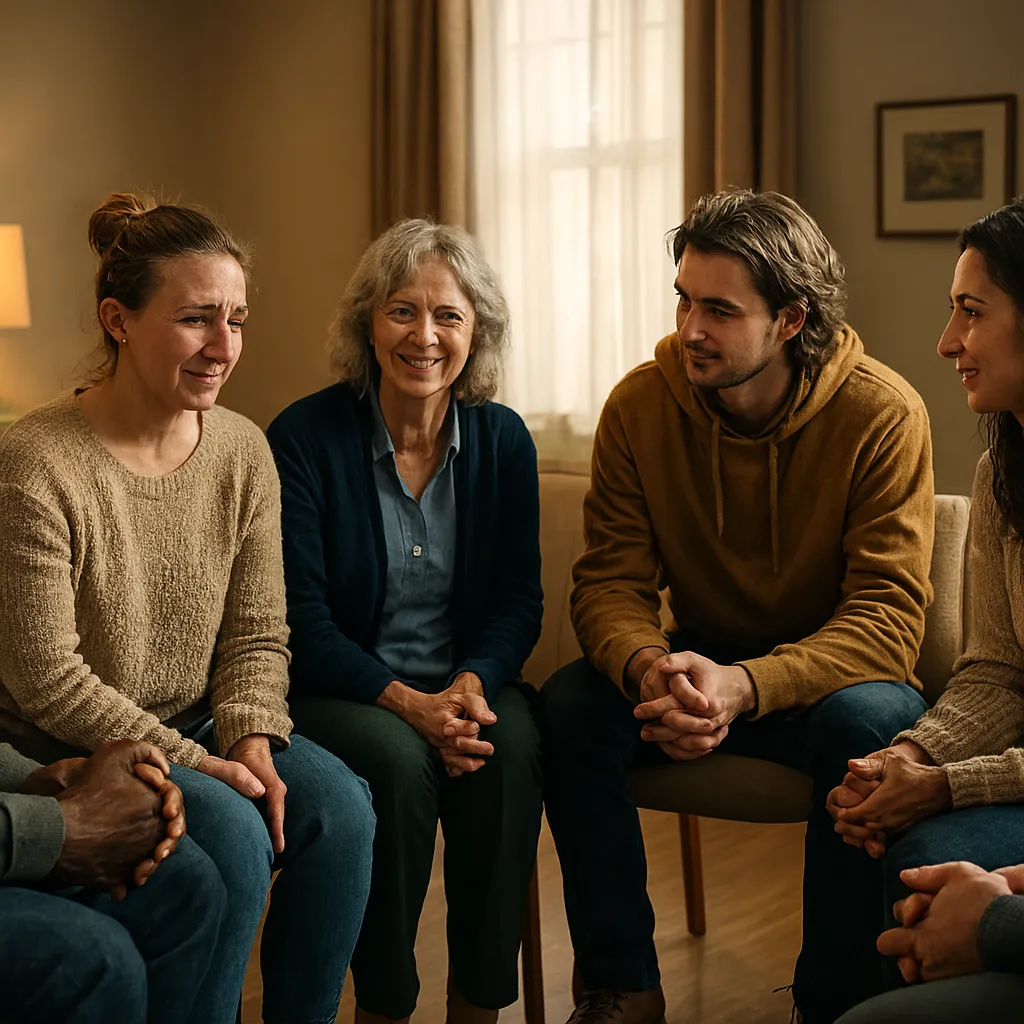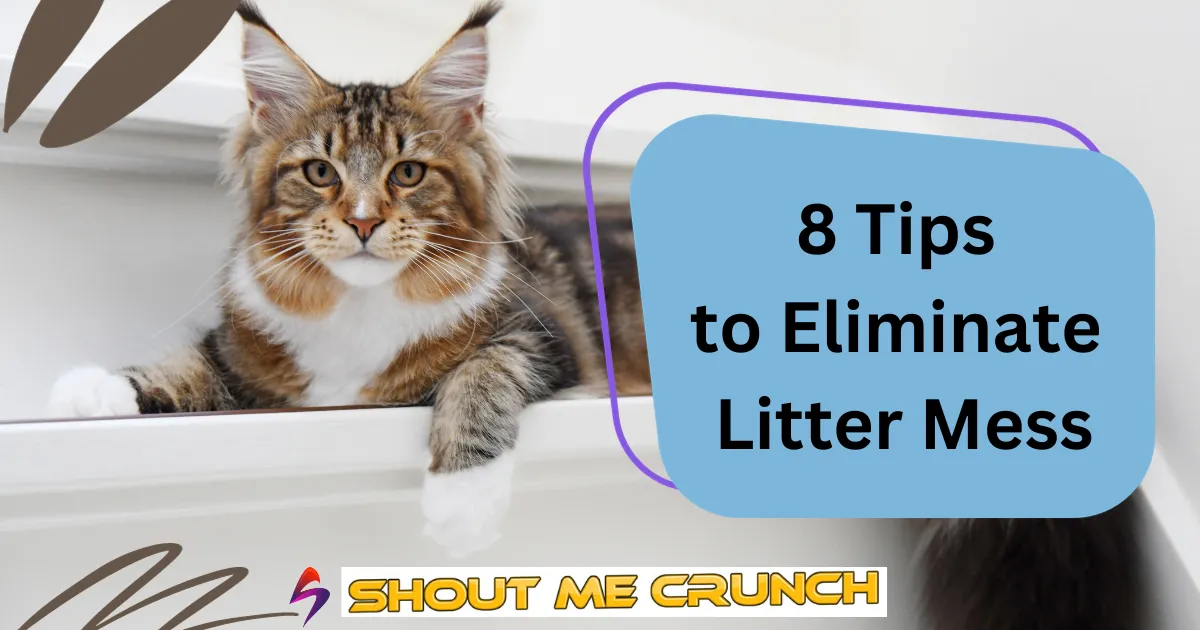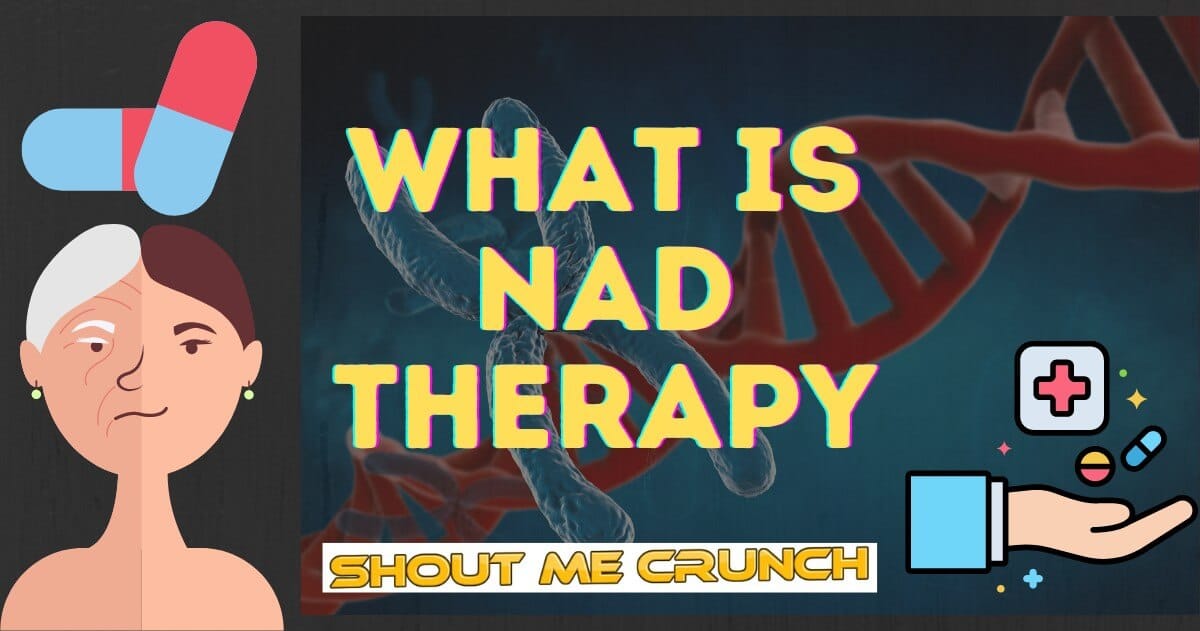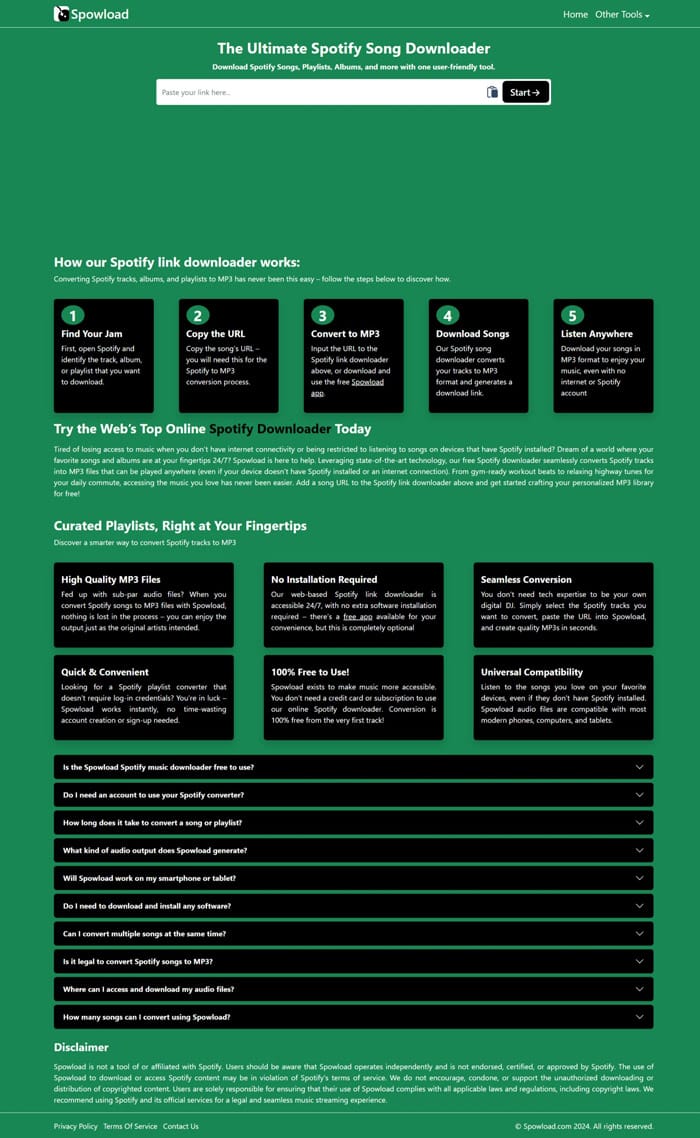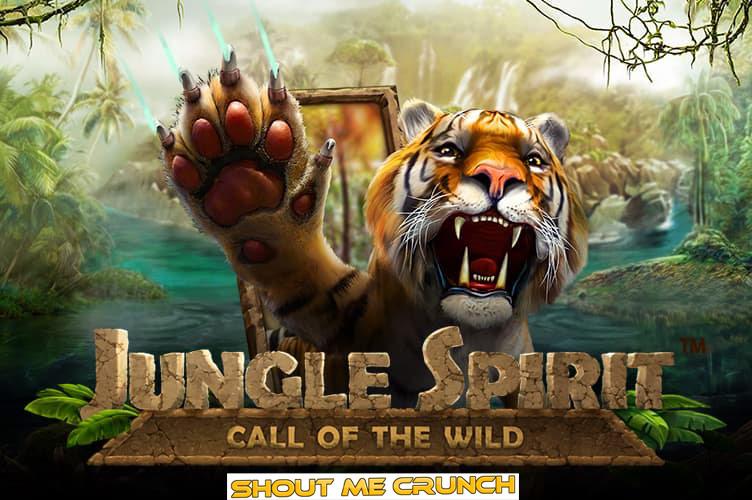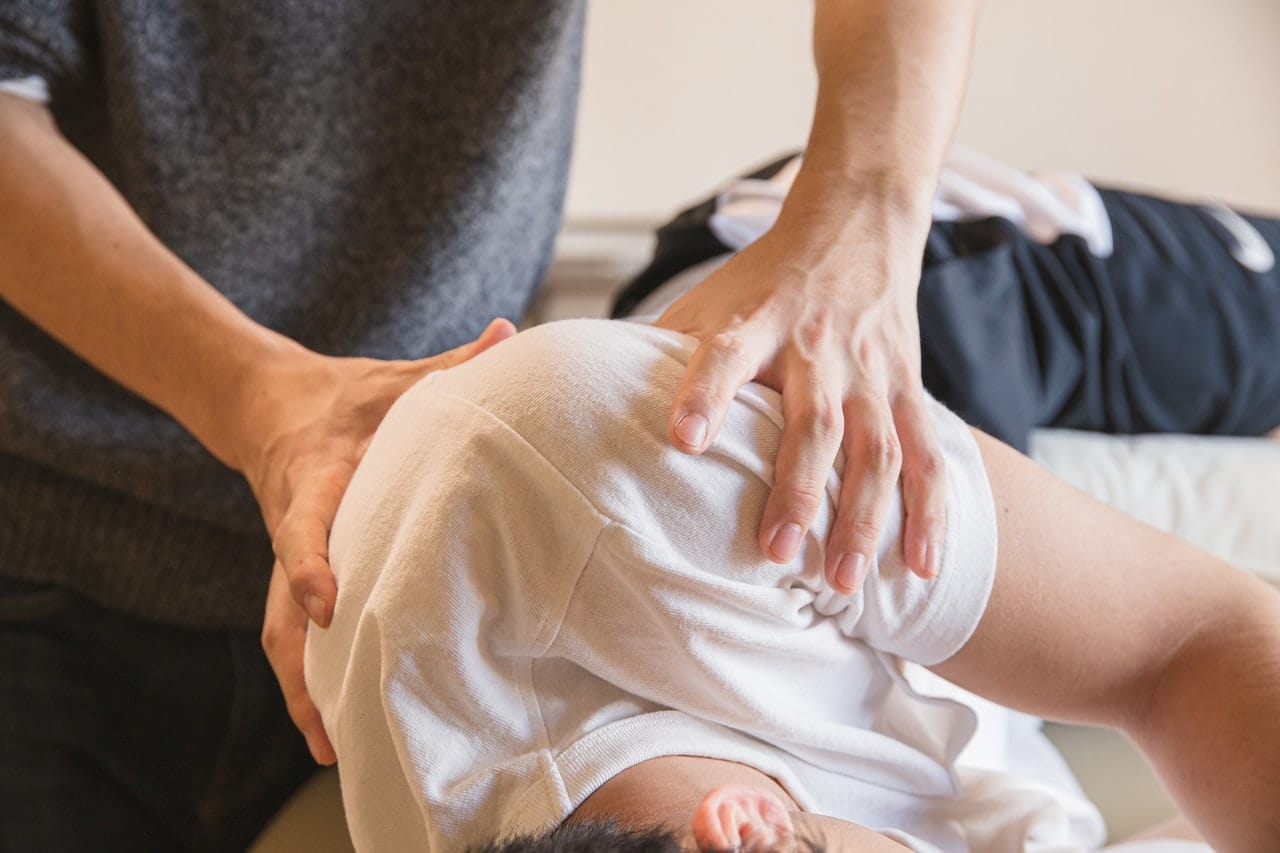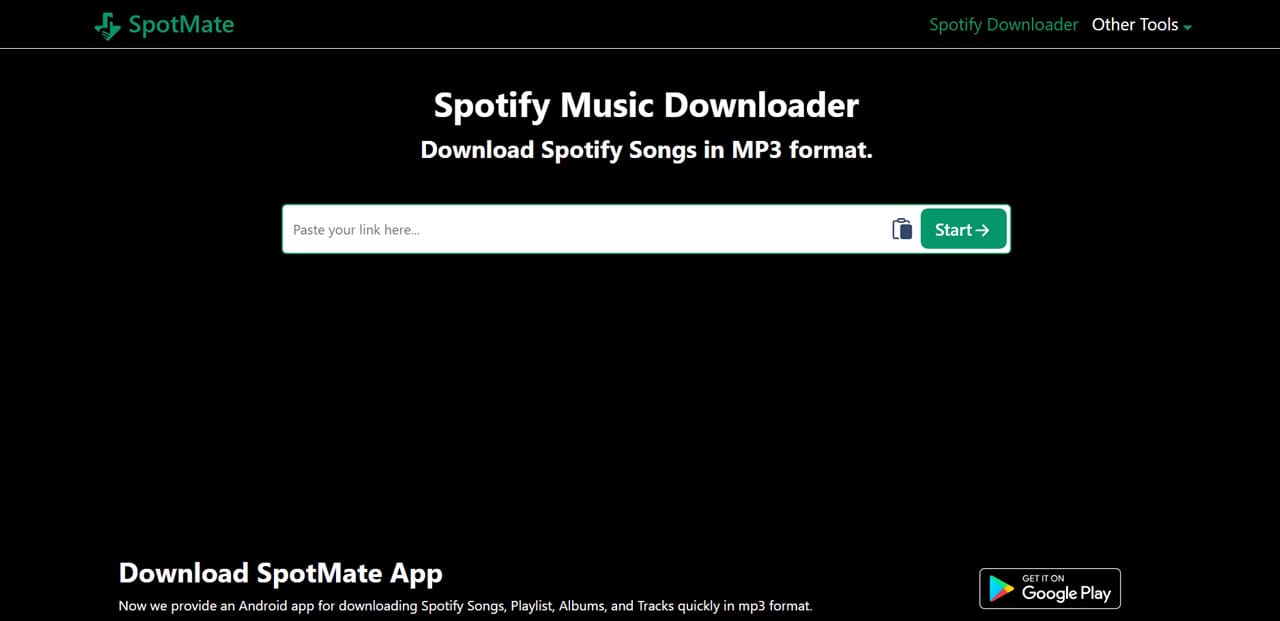So here’s the thing.
I once knew a guy—let’s call him James—who thought he could white-knuckle his way through recovery. No therapy. No meds. No support group. Just sheer grit and a Spotify playlist full of motivational speeches. Six months in, he relapsed. Hard.
And it wasn’t because he didn’t care. He did. He cared so much it hurt. But caring isn’t enough when your brain’s been rewired by addiction and your support system is basically…you, your cat, and a half-read self-help book.
Recovery isn’t a solo hike through the woods. It’s more like a group trek through a jungle—with snakes, mudslides, and the occasional emotional monsoon. You need people. Tools. Snacks. A map. Maybe a Sherpa.
Anyway, I’ve been blogging about this stuff for years. Mental health, addiction, burnout, the weird ways we sabotage ourselves. And if there’s one thing I’ve learned, it’s this: support is everything.
Let’s break it down. No fluff. Just real talk.
Contents
The 5 Layers of Support (Like a Recovery Lasagna)
Here’s a quick table I whipped up. It’s not fancy, but it gets the job done.
| Type of Support | What It Actually Does | Best For | Watch Out For |
|---|---|---|---|
| Emotional Support | Keeps you from spiraling at 2am | Daily motivation | Can be flaky or overly enabling |
| Professional Therapy | Helps you untangle the mental spaghetti | Deep-rooted stuff | Expensive, not always accessible |
| Medication-Assisted Treatment (MAT) | Makes cravings suck less | Opioid/alcohol/nicotine recovery | Side effects, stigma |
| Peer Mentorship | Real talk from someone who’s been there | Staying grounded | Personality clashes |
| Family Involvement | Rebuilding trust (if it’s not toxic) | Long-term healing | Drama, old wounds, bad boundaries |
Emotional Support: The “You Good?” Text That Saves Your Day
You ever get one of those texts? Just “Hey, you good?” from someone who actually means it?
That’s emotional support. It’s your best friend, your group chat, your sponsor, your dog (yes, dogs count). It’s the people who don’t flinch when you say, “I’m not okay.”
It’s not therapy. It’s not advice. It’s just…presence.
But here’s the catch: not everyone knows how to show up. Some people ghost. Some people try to fix you. Some people mean well but say dumb stuff like “just think positive.”
So yeah, emotional support is gold—but it’s not always consistent. That’s why you need layers.
Therapy: Because Your Brain’s Been Through Some Stuff
Look, I love a good TED Talk. But it’s not gonna help you unpack childhood trauma or figure out why you sabotage every good thing in your life.
That’s where therapy comes in.
Therapy, especially cognitive-behavioral therapy (CBT), is the MVP here. It’s like mental debugging. You find the glitchy thoughts, rewrite the code, and slowly stop spiraling every time someone doesn’t text back.
But therapy’s not perfect. It can be pricey. Finding the right therapist is like dating—awkward, exhausting, and sometimes you just wanna ghost them after two sessions.
Still. Worth it.
If you’re broke or rural or just not vibing with traditional therapy, there are online options. BetterHelp, Talkspace, even Reddit (though tread carefully there).
MAT: Not Cheating. Just Smart.
Okay, let’s kill this myth once and for all: using meds in recovery isn’t cheating. It’s not weak. It’s not lazy. It’s science. This is where medication assisted treatment (MAT) comes into play.
Medication-Assisted Treatment (MAT) combines meds with therapy and supervision. It’s especially good for opioid, alcohol, and nicotine addiction.
Here’s a quick comparison:
| Medication | What It Targets | Side Effects | Real Talk |
|---|---|---|---|
| Buprenorphine | Opioids | Nausea, headache | Helps with cravings, but needs monitoring |
| Naltrexone | Alcohol/Opioids | Anxiety, insomnia | Blocks the buzz, but not the emotional triggers |
| Varenicline | Nicotine | Weird dreams, nausea | Works, but kinda intense |
MAT isn’t for everyone. Some people hate the idea. Some docs don’t offer it. But if it helps you stay sober and sane? That’s a win.
Peer Mentorship: Your Recovery GPS
Another valuable layer of support comes through peer mentorship. Sponsors. Mentors. Accountability buddies. Whatever you call them, they’re your human compass.
They’ve been through it. They’ve messed up. They’ve bounced back. And they’re not afraid to say, “Hey, maybe don’t text your ex at 3am.”
But yeah, not every mentor is a match. Some are too intense. Some are flaky. Some just don’t vibe with your style.
Still, having someone who gets it—who’s walked the same messy road—is powerful. It’s like having a cheat code for sobriety.
Family: Complicated. But Sometimes Worth It.
Ah, family. The people who love you, hurt you, support you, and occasionally drive you absolutely nuts.
If your family’s safe and willing, they can be a huge part of recovery. Family therapy helps rebuild trust, improve communication, and set boundaries.
But let’s be honest: not every family is healthy. Some are toxic. Some don’t get it. Some think addiction is just a “bad habit.”
So yeah, proceed with caution. Educate them. Set boundaries. And if they’re not safe? Build your chosen family. Friends. Mentors. Group members. People who show up.
What Gets in the Way (And How to Dodge It)
Recovery support isn’t always easy to find. Here’s a quick cheat sheet:
| Problem | Fix |
|---|---|
| Therapy’s too expensive | Try sliding-scale clinics or online platforms |
| No support groups nearby | Zoom meetings, Reddit forums, Discord communities |
| Family’s toxic | Build a chosen family through peer support |
| MAT stigma | Educate yourself and others—facts beat fear |
Read another story of Helping my Husband to Overcome His Drug Addiction.
Final Thoughts: You Don’t Have to Do This Alone
If you’re trying to recover solo, you’re basically playing dodgeball blindfolded. You might survive a few hits, but eventually, you’re gonna get knocked out.
Support isn’t weakness. It’s strategy. It’s survival. It’s sanity.
So build your team. Find your people. Use the tools. And when you feel like giving up? Text someone. Call someone. Hell, scream into the void if you have to.
Just don’t go it alone.
And if you ever need a pep talk, a resource list, or a meme that says “you’re doing great,” hit me up. I’ve got you.
Want me to turn this into a downloadable guide? Or maybe a podcast episode? I ramble well.
#AddictionRecovery #MentalHealthSupport #SobrietyJourney #RecoveryCommunity #TherapyWorks
